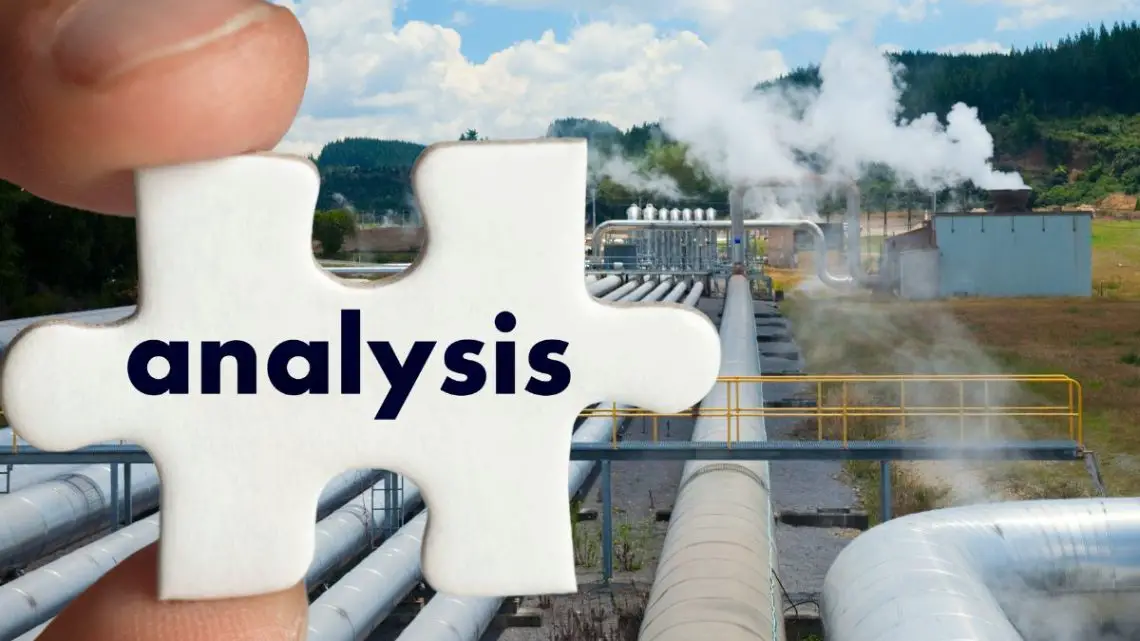
Geothermal heat pumps spotlighted in Department of Energy analysis
December 19, 2023The US DoE underscored the benefits of the green tech for decarbonization into the future.
The US Department of Energy (DoE) recently released the outcome of an energy analysis in which it determined that when geothermal heat pumps (GHPs) are deployed at scale, they offer a realistic and effective option for the decarbonization of heating and cooling.
They also offer the opportunity for US buildings to save energy overall, taking pressure off the grid.
The DoE geothermal heat pumps analysis determined that when combined with improvements to building envelope, retrofitting about 7 in 10 buildings in the US this way could shrink grid electricity demand by as much as 13 percent by 2050 (when compared to the expected demand without decarbonizing with GHPs).
Demand reduction at that level would prevent the need for as much as 24,500 miles of new grid transmission lines by mid-century. That represents the same distance as crossing the continental US eight times.
The majority of the equipment for geothermal heat pumps can be manufactured in the United States.
Since the US market already has manufacturing in place for most GHP equipment, it would mean that boosting deployment of this energy would also broaden the domestic industry and create new local jobs for the installation and maintenance of the systems.

“Geothermal heat pumps offer enormous value for the nation’s energy future,” said Associate Principal Deputy Assistant Secretary for Energy Efficiency and Renewable Energy Alejandro Moreno. “This report confirms that geothermal heat pumps are a ready-made strategy for decarbonizing our buildings while reducing the need for new electricity generation and transmission, and bringing energy savings to Americans nationwide—all while creating U.S. jobs.”
The Analysis
 The analysis cited by the DoE was conducted by Oak Ridge National Laboratory and National Renewable Energy Laboratory experts. Funding was provided by the Geothermal Technologies Office at the DoE.
The analysis cited by the DoE was conducted by Oak Ridge National Laboratory and National Renewable Energy Laboratory experts. Funding was provided by the Geothermal Technologies Office at the DoE.
The research found that deploying geothermal heat pumps on a mass scale, combined with building envelope improvements would generate value for the grid by shrinking the requirement for electricity generation capacity, storage, and transmission when taken in comparison with other pathways. Therefore, using GHP would enhance the grid’s reliability and benefit consumers required to rely on it due to a lack of access to GHP.
Ready to test your knowledge on the most abundant element in the universe? Take our fun and engaging Hydrogen Quiz now! [forminator_quiz id=”58712″]



 With over 15 years of reporting hydrogen news, we are your premier source for the latest updates and insights in hydrogen and renewable energy.
With over 15 years of reporting hydrogen news, we are your premier source for the latest updates and insights in hydrogen and renewable energy.